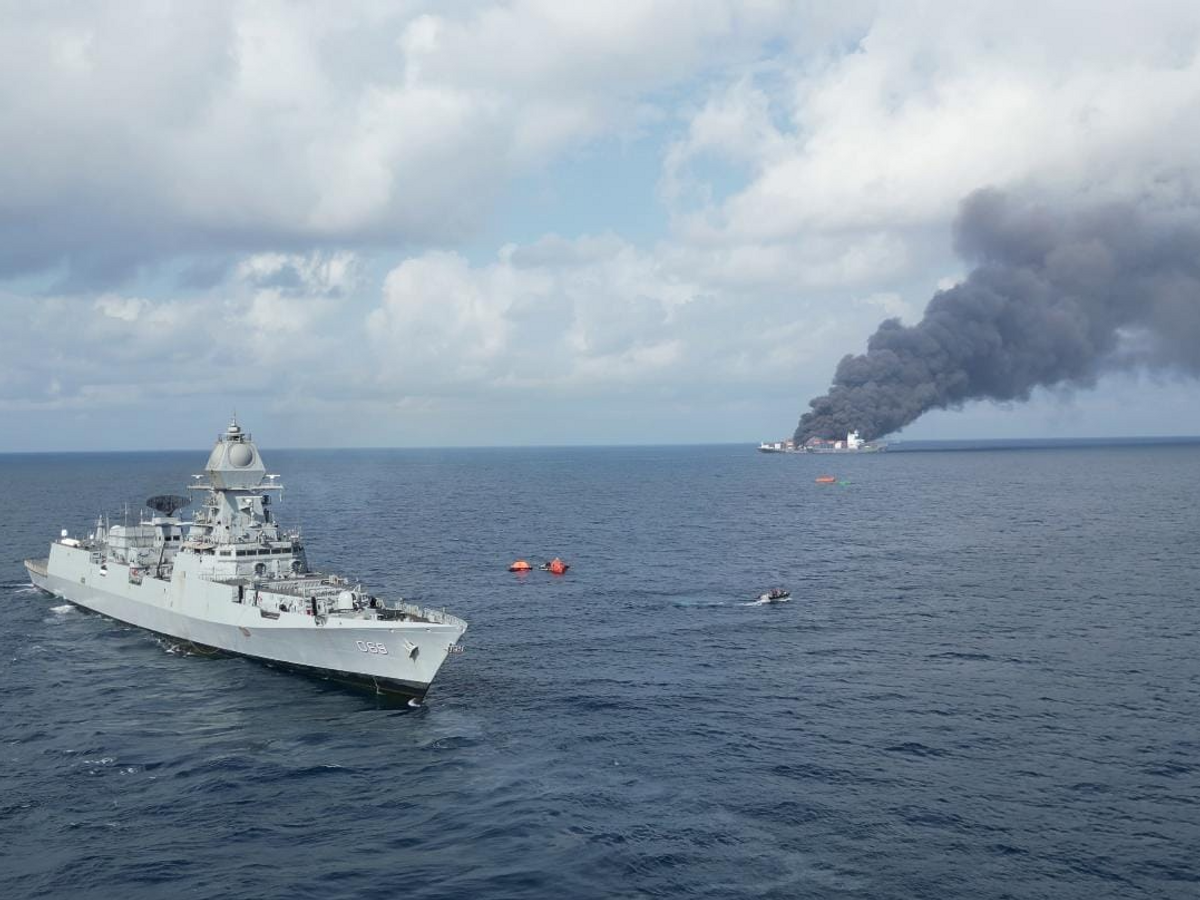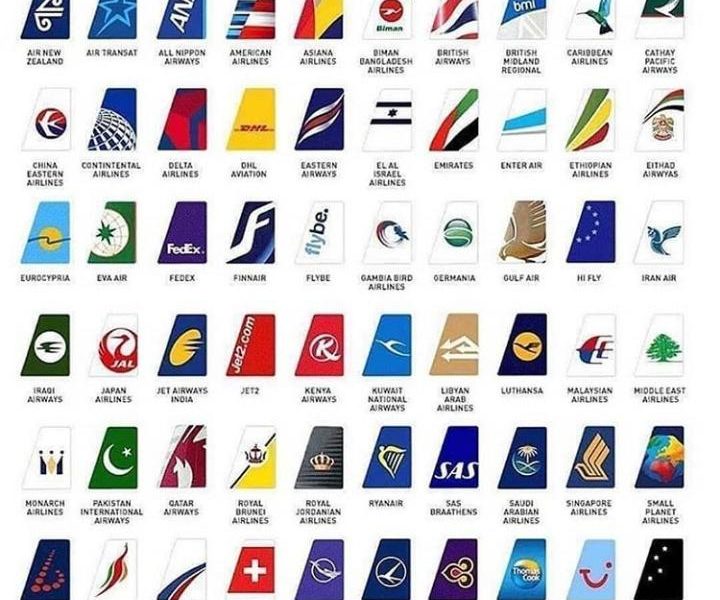Tensions in the Middle East reached a boiling point as explosions were reported in Tehran, following the United States issuing a stark warning about Israel’s potential strike on Iran’s nuclear facilities. This sudden escalation has left many wondering what might happen next and how this volatile situation could change the course of regional dynamics. Here’s an overview of what we know so far and what could be at stake.
A Warning from the US: Israel’s Plan to Strike
The backdrop of this crisis centers around Israel’s ongoing concerns about Iran’s nuclear ambitions. For years, Israel has expressed growing fears over Iran’s development of nuclear weapons, which they believe could threaten the entire region, particularly Israel itself. In light of this, Israel reportedly planned an airstrike aimed at Iran’s nuclear sites, an action that would significantly escalate an already delicate situation.
The US, aware of these plans, issued a warning to Israel. They stressed the potential ramifications of such a strike, especially in terms of global security and the prospect of widespread conflict. The US has historically been Israel’s ally, but even they are cautious about a direct military confrontation that could spiral out of control. The fear is that an Israeli strike would provoke Iran, leading to further violence in an already unstable region.
Explosions in Tehran: A Sign of Increased Tensions
Following the US warning, explosions were heard across Tehran, the Iranian capital, further heightening the anxiety surrounding the situation. These blasts, while not officially confirmed as linked to any direct military action, are fueling speculations about Iran’s readiness for a possible retaliation against Israel or the US. Iranian state media has yet to release concrete details about the explosions, but rumors abound that these could be in response to rising military threats or even a preemptive move by Iran’s forces.
The explosions, whether or not directly connected to the Israeli threat, are a stark reminder of the fragile peace in the Middle East. For years, both Israel and Iran have exchanged tense rhetoric, and any spark could set off a much larger conflict. The US’s intervention in warning Israel only adds another layer of complexity to this already volatile situation.
What Does This Mean for Global Security?
The events unfolding in Tehran and the broader Middle East carry significant implications for global security. Any military strike on Iran’s nuclear facilities would not only destabilize the region but could also affect global oil markets, international trade, and provoke involvement from other major world powers, including Russia and China. The world is watching closely, hoping that diplomatic channels will prevail over military action.
In the meantime, global leaders continue to monitor developments in Tehran. Both Israel and Iran have a history of using military force in their political struggles, and the potential for direct conflict between the two nations remains high.
Conclusion: The Road Ahead
As explosions echo through Tehran and tensions mount, the situation is far from resolved. The US warning, Israel’s military posture, and Iran’s unpredictable response create a high-risk environment that could escalate into full-scale conflict. With the world’s eyes on the region, all we can do is wait and hope that cooler heads prevail in the coming days.
Stay tuned as this story develops, and be sure to stay informed on the ongoing geopolitical ramifications of this tense standoff.



